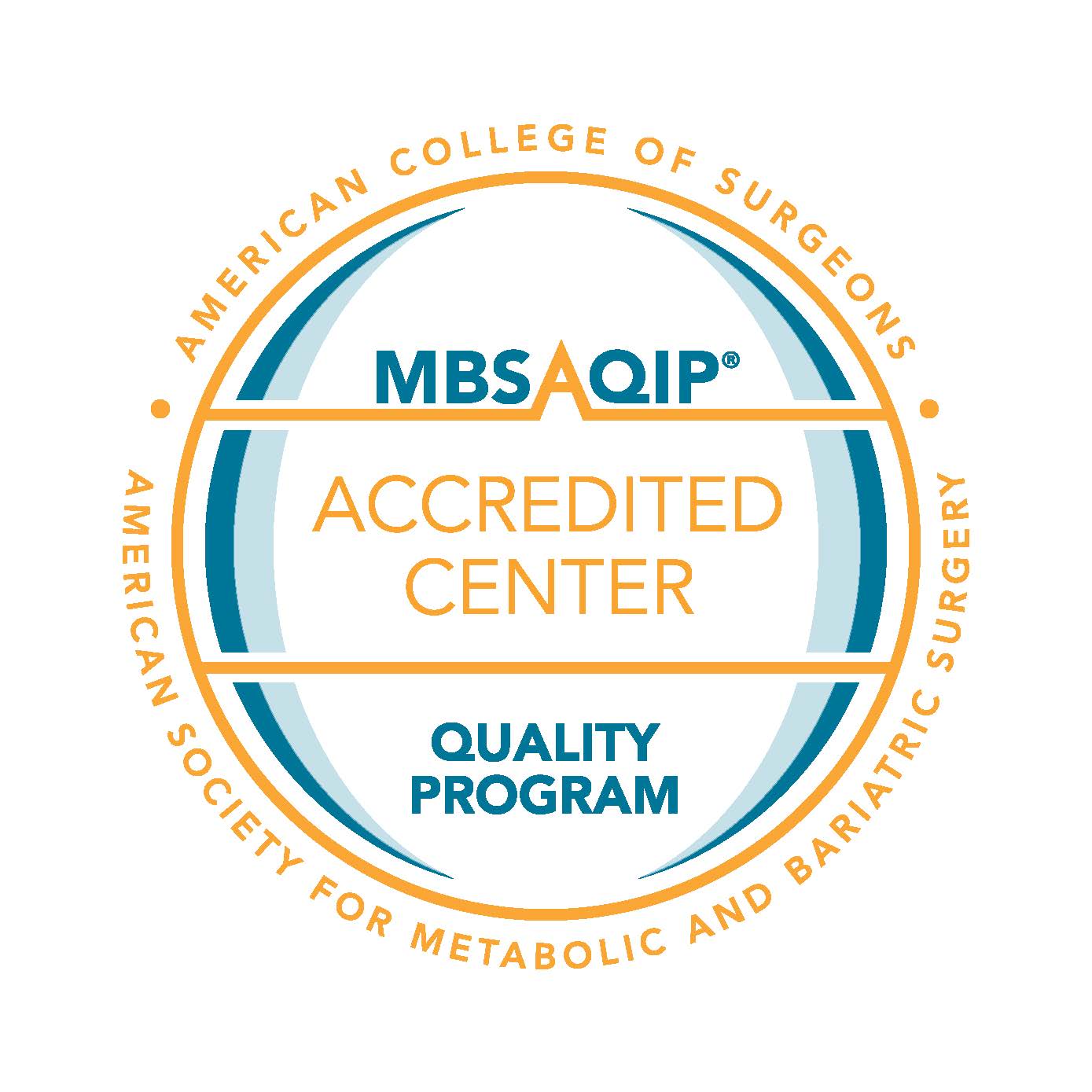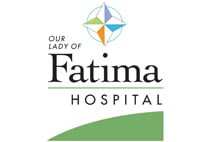Weight loss surgery can be a transformative procedure to manage your weight and a new healthy lifestyle for yourself. It also takes a lot of hard work and dedication in preparation for it to work. The more alterations you can make in your lifestyle before surgery, the easier the transition and post-surgery weight loss journey will be. If you’re getting ready for weight loss surgery, here are 6 steps to help you prepare and acclimate your body for new habits before and after surgery.
Protein
Protein is going to be an essential part of your pre and post-op diet. Below are some examples of common proteins to consume, as well as the recommended quantities:
Protein Shakes: 1 serving should contain ~ 150 calories and 15-30g protein
Foods: Meat, fish, nuts, eggs, yogurt, etc. Eat 1 protein food with each meal
Fluids
Staying hydrated every day is important for your health and energy, especially before and after weight loss surgery. You want to try and reach a goal of 64oz of clear/translucent, non-carbonated, sugar free liquids each day to maintain hydration.
Meals & Portion Sizes
Although your solid-food intake will alter during your pre-op and post-op diet in phases, it’s still important to maintain 3 meals each day, spaced 3-4 hours apart. Portion size is going to help you stick to your diet, so be sure to keep portions controlled, and remember the size of your palm is about how much your serving of protein foods, grains, fruits and vegetables should be for each meal. For condiments, peanut butters, oils and other fats, use the size of your thumb to indicate how much 1 serving is.
*Read about the importance of pre and post-operative bariatric surgery diets here.
Physical Activity
Physical activity is so important for maintaining a healthy lifestyle. Adults should aim to get at least 150 minutes (2.5 hours) of moderate-intensity physical activity and incorporate 2 days of muscle strengthening activity each week. Please discuss with your physician before starting activities.
Vitamins
Vitamins are essential to ensuring your body receives the necessary sustenance it needs to stay healthy. Vitamins will be especially important after your surgery, so be sure to discuss with your doctor or dietitian about a post-op vitamin plan.













